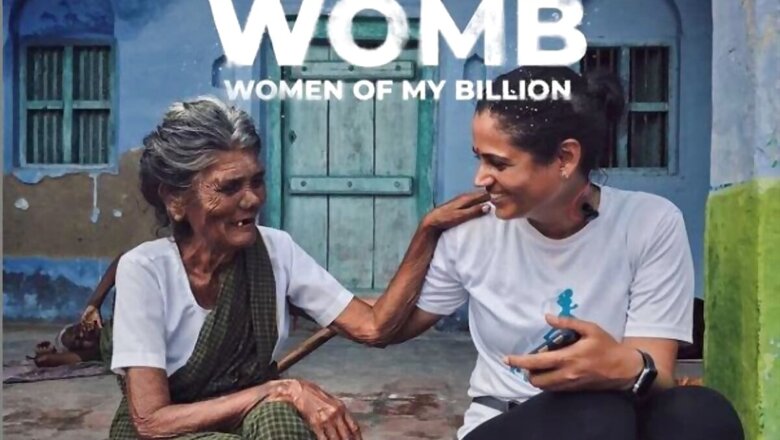
views
Cinema as a medium has the ability to transcend boundaries, travel through any space and carry important stories to any corner of the world in no time. Here, we have a woman who travelled to corners of the country to bring out tales of women and present them to the entire world. Shrishti Bakshi, who walked from Kashmir to Kanyakumari, spoke to several women on her way, heard their stories of violence and inequality and presented her entire journey in a documentary Women of My Billion (W.O.M.B) in an attempt to throw light on the plight of women in India.
Now that the film, directed by Ajitesh Sharma, has won the Audience Award at the 12th London Indian Film Festival, and is set to open at the Indian Film Festival of Melbourne in August, we have a conversation with her where she discussed her painstaking journey and what kept her going.
What gave birth to this idea?
I was a very vocal armchair activist for a long time, which is that every time there was a news piece or article about violence against women, I used to be very furious, and vented out my anger on social media. Then I came across the Highway 91 case in 2017, where a mother and a daughter were gang-raped in front of the father. You know, the kind of conversation that that would strike about India, about it being safe or not, whether it’s worth going as a country to or not, would leave me disappointed. So I did not want to forget this incident and at that moment I decided I’m going to do something.
My father was in the Army, so I would have failed my father in a way if I would not have done something about it. I wanted to change the hopelessness. So I just went on the ground, and I started walking from Kanyakumari and ended in Srinagar. My initial aim was to document the journey, but my sister Apoorva Bakshi who is also a producer of the film suggested that with our kind of effort, we should present this to the entire world.
240 days on foot was obviously not an easy thing to do. So what were the challenging parts and exciting parts of this journey?
I trained for this journey for one whole year to be able to physically be prepared for it because; it’s literally like a full marathon every day. I used to walk somewhere around 30 to 40 kilometres every day. The challenging part was the fact that I never anticipated how heavy and how difficult it would be emotionally. Because it’s such a long journey, you’re hearing people day in and day out and you’re hearing a specific kind of tone, the women that you’re meeting, they’re narrating their distress to you. And in a journey like this, you don’t have time to decompress and process.
Also, the most hopeful and exciting part was hearing these women make decisions on the go; refusing to tolerate any more violence.
How did you keep yourself stable listening to all these stories of violence?
The project was my brainchild, and I started it but the amount of love and affection that this concept and idea got from other people was always a reminder to me that I am on a path, which is also a shared path. So this emotional space is also a shared space and I’m not alone in bearing this particular weight. It was tough to listen to their stories with a straight face and not break down. But the reason that I felt empowered was because of the other individuals who were with me. So today, when you see the documentary, you’re going to see three very, very prominent stories of three very central characters. And it was very difficult to interview them.
But the team at the Indian Film Festival, Melbourne, and the team at London Indian festival, and my producer, and my director, all of them share the responsibility to do something, about helping these women out. So that is where I was able to cope with each and every story that came my way.
With your story being told across so many Film Festivals and on the international level, how much do you think the message is reaching the people who are on the grassroots level?
See, the grassroots level is the beneficiary of this document. The work that I did with the grassroots level is to initiate a thought process, a change in their future, because of that particular thought process that we germinated. The purpose of the documentary and the purpose of this dialogue is to reach all corners of the world, to gather support for this grassroots level. Some people can identify themselves in this particular film, but our aim is to go as wide as possible with the distribution. But when you say how will it make a difference at the grassroots level, I think it is through only conversations.
While talking about their personal lives, were the women hesitant in coming forward? How did you work around that?
A lot of women who actually came forward, who felt the courage to speak their story was because, in our workshops, we communicated that there is a sense of responsibility that each of these women carries; to speak up. And this is the whole thing of the MeToo movement as well, right? Like everybody is scared. They’re scared a lot to put out their stories themselves. But then when it becomes about the greater good and about the fact that whatever happened to me should not happen to someone else; I think that thought is so powerful that women actually came forward and spoke their stories fearlessly with us.
Lastly, how did this entire experience change you as a person?
I’m an army officer’s daughter so I’ve been raised across the whole country. When I was in Hong Kong I thought that I had seen a lot more than most of my peers. But when I went into the villages and met the people, it opened up so many possibilities, innovations, sorrows, so much that it just made me a more humble person. When I did this, I discovered the India that I never knew before.
Read all the Latest News, Breaking News and Coronavirus News here.











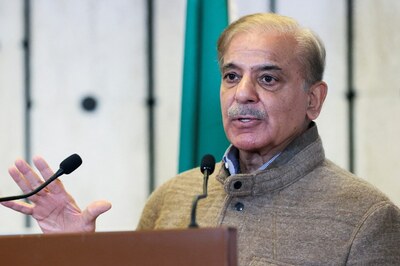
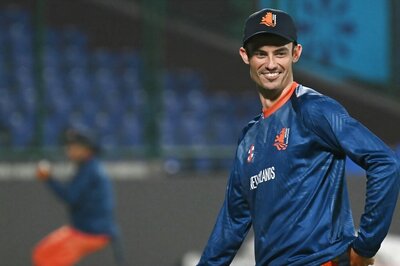
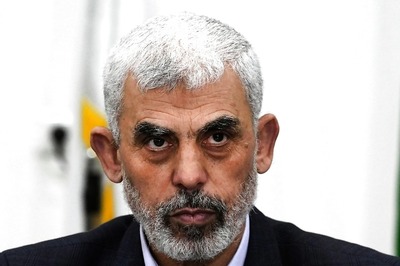
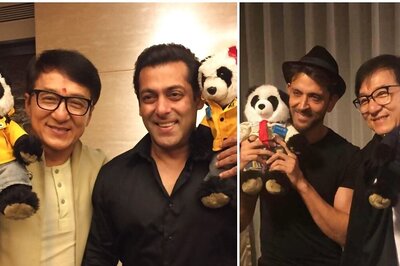
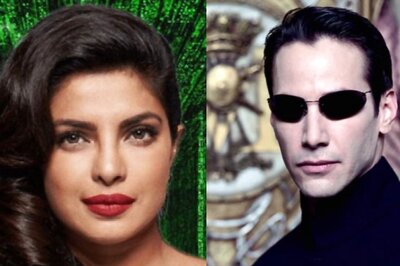
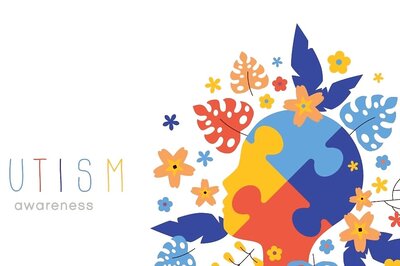
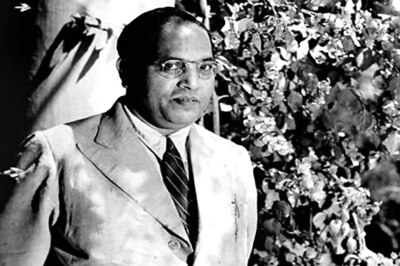
Comments
0 comment